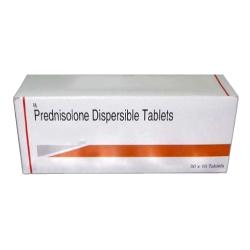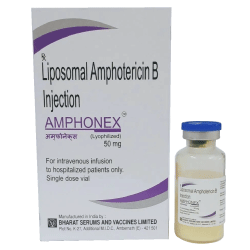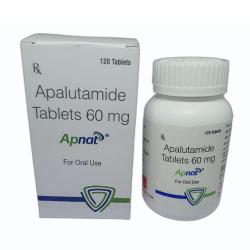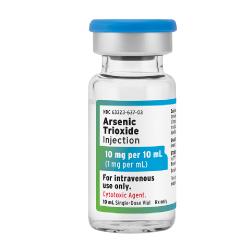Description
The corticosteroid Prednisolone Tablet is used in:
- For certain allergy, gastrointestinal, dermatologic, hematologic, ophthalmologic, neurological system, renal, pulmonary, rheumatologic, certain infectious diseases or disorders, and organ transplantation as an anti-inflammatory or immunosuppressive medication.
- For the management of specific endocrine disorders.
- In order to alleviate specific neoplastic diseases.
Dosage and Side Effects
Prednisolone tablet dosage should be customized based on the patient’s response and the severity of the illness. The same factors should apply to standard dosage for pediatric patients rather than rigidly adhering to the body weight or age-based ratio.
Initial Dosage: The starting dose of Prednisolone typically ranges from 10-60 mg (equivalent to 13.4-80.6 mg of prednisolone sodium phosphate) per day, varying based on the specific illness being treated.
Maintenance Dosage: Once an effective response is achieved, a lower maintenance dosage of Prednisolone is used. If discontinuing after long-term or high-dose therapy, it’s important to taper off gradually.
Prednisolone 10 mg tablets come in blister packaging. It’s advised not to remove the tablet until just before taking it. Open the blister pack carefully, place the disintegrating tablet on the tongue to dissolve in the mouth, and swallow without breaking or splitting. To minimize gastrointestinal irritation, take the tablets with meals.
Common side effects associated with Prednisolone include weight gain, changes in glucose tolerance, fluid retention, increased blood pressure, alterations in behavior and mood, and heightened appetite.
FAQ's
What is Prednisolone used for?
Prednisolone is a steroid commonly prescribed to treat various allergies, inflammatory conditions, autoimmune diseases, and certain types of cancer.
What strengths are available for Prednisolone Orally Disintegrating Tablet?
Prednisolone Orally Disintegrating Tablets are available in three strengths:
- Prednisolone 10 mg orally disintegrating tablet
- Prednisolone 15 mg orally disintegrating tablet
- Prednisolone 30 mg orally disintegrating tablet
How is Prednisolone administered?
Prednisolone is typically provided in the form of orally disintegrating tablets meant for oral consumption.
What category of medication does Prednisolone belong to?
Prednisolone falls under the category of medications known as corticosteroids.
Where can I purchase Prednisolone Tablets?
You can obtain Prednisolone Tablets from authorized wholesalers upon presenting a valid prescription from a qualified physician. It’s advisable to verify the credentials of the wholesaler, supplier, or exporter before making a purchase.
Before importing the product, buyers should familiarize themselves with the existing laws and regulations in their home country regarding such purchases.






